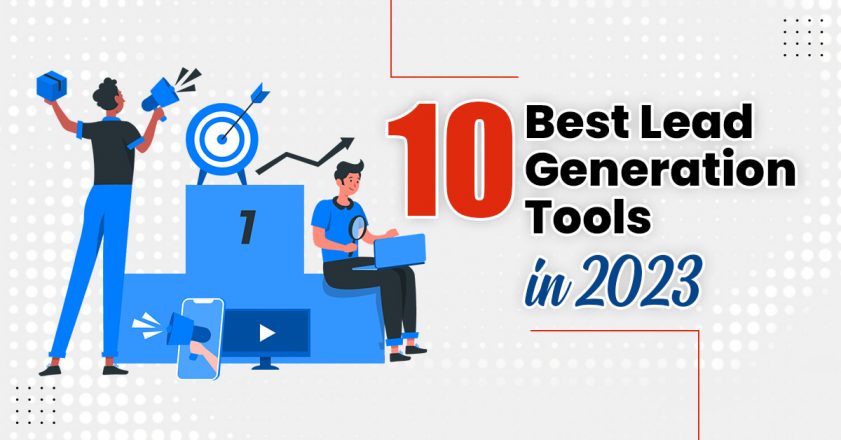Do you also feel frustrated when a website takes too much time to load? Of course slow loading is very annoying and tends to lose visitors. In today’s digital age, a website’s speed is no longer just a matter of user convenience; it plays a pivotal role in search engine optimization (SEO). The website’s loading speed can significantly impact its search engine rankings and user experience.
In this blog, we will delve into the importance of website speed in technical SEO, to help you understand why optimising your site’s speed should be a top priority.
1. Google’s Emphasis on Speed
Speed is good for both users and Google. Google has consistently emphasised the importance of website speed as a ranking factor. Slow websites are often slow because they do not optimise their media or do not use modern technologies to feed the page. Therefore, Google has to allocate more resources and spend more money on such websites.
In 2010, they officially announced that page speed would influence search rankings. Google’s rationale is simple: faster-loading websites provide a better user experience. When users find what they’re looking for quickly, they are more likely to stay on the site and engage with its content, which aligns with Google’s goal of delivering high-quality search results.
Thus, a faster speed is beneficial for users and also reduces Google’s operating costs. In both ways, a faster-loading website is more rewarding.
2. User Experience Matters
Website speed is intrinsically tied to user experience. Research from the Nielsen Norman Group indicates that users expect websites to load quickly, and they become frustrated when they don’t. Slow-loading websites lead to higher bounce rates (visitors leaving your site immediately), which is a negative signal to search engines.
Bounce rates signal that users are not finding what they want or experiencing a frustrating delay, potentially harming your site’s SEO efforts.
A fast-loading website, on the other hand, enhances user satisfaction, encourages longer visits, and increases the likelihood of conversions.
3. Google Mobile-First Indexing
With the advent of mobile-first indexing, Google now primarily uses the mobile version of a website for ranking and indexing. As such, mobile page speed has become even more critical. Slow-loading mobile pages can lead to a poor mobile user experience, potentially harming your site’s mobile search rankings.
Given that mobile devices account for a significant portion of web traffic, optimising your site for mobile speed is vital to maintain and improve search engine rankings.
4. Core Web Vitals
Core Web Vitals are a set of user-centric performance metrics that Google uses to assess a website’s loading performance, interactivity, and visual stability. They include metrics like Largest Contentful Paint (LCP), First Input Delay (FID), and Cumulative Layout Shift (CLS). Google has indicated that these vitals have a direct impact on SEO.
Focusing on Core Web Vitals helps ensure that your website provides a smooth, engaging user experience, which can positively affect your search engine rankings by improving the Page Experience signal.
5. Reduced Crawl Budget Waste
Search engines allocate a finite crawl budget to each website. If your site loads slowly, search engine bots may spend more time on each page, reducing the number of pages they can crawl during a given visit. This can impact the discoverability of your content, especially if you have a large website with numerous pages.
By optimizing’s your website for speed, you ensure that search engines can efficiently crawl and index all your pages, increasing the chances of your content appearing in search results.
6. Competitive Advantage
In the competitive world of online digital marketing, website speed can give you a distinct advantage. If your website loads faster than your competitors, you’re more likely to retain visitors, keep them engaged, and potentially convert them into customers.
Additionally, faster-loading websites tend to rank higher in search results, giving you an edge over competitors who may not have prioritised speed optimization. This competitive advantage can be crucial for attracting and retaining online users.
Factors Affecting the Page Speed
Several factors to affect the page speed.
Hosting Service
Hosting services play an important role in the website’s performance. Since the hosting service provides the server for a website, its performance is directly affected by the website’s performance. A good hosting service ensures a fast processing of requests by a web server.
Website Theme
Themes play a crucial role in designing, colouring, and setting layouts and fonts. Themes with smaller file sizes and specialised designing are easy to optimise and load.
Large File Size
Files are usually of various types such as HTML, CSS, and JavaScript. A page’s performance is directly affected by minimising a few bytes and kilobytes from these files. JavaScript files are heavier and overusing them makes it difficult to load especially on mobile devices.
Inappropriate Code
Poorly written code causes a downfall in performance. Ensure to remove errors, remove irrelevant extra lines, and clean up your code to optimise the performance of your page.
Images and videos
Large and heavy images bear a considerable amount of your page’s weight. Thus, it is essential to avoid putting large images and videos.
Too many plugins and widgets
Running a website on WordPress involves too many plugins and widgets. Every plugin comes with a considerable code which in turn slows down the loading speed of a page. Too many and unoptimized plugins result in slowing down the page speed.
Bottom Line
In conclusion, website speed is not just a matter of convenience; it’s a critical component of technical SEO. It affects search engine rankings, user experience, and overall online competitiveness. By prioritizing speed optimization, you can create a better online environment for your visitors while improving your site’s visibility and performance in search engine results.



